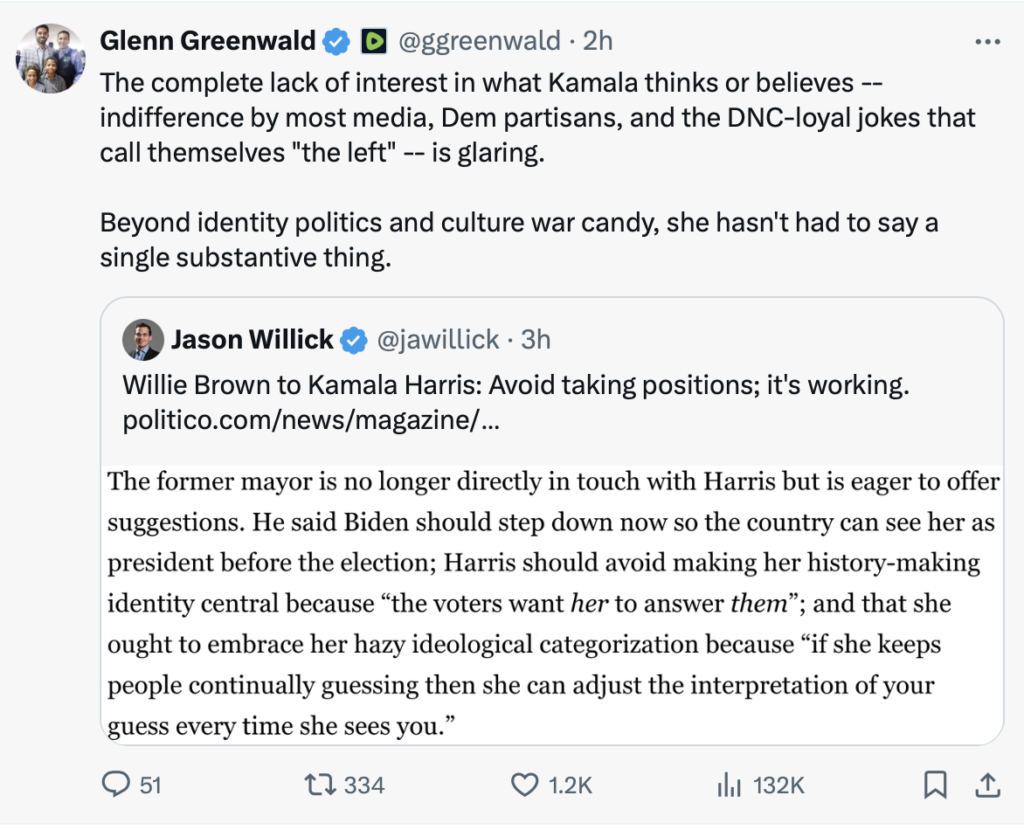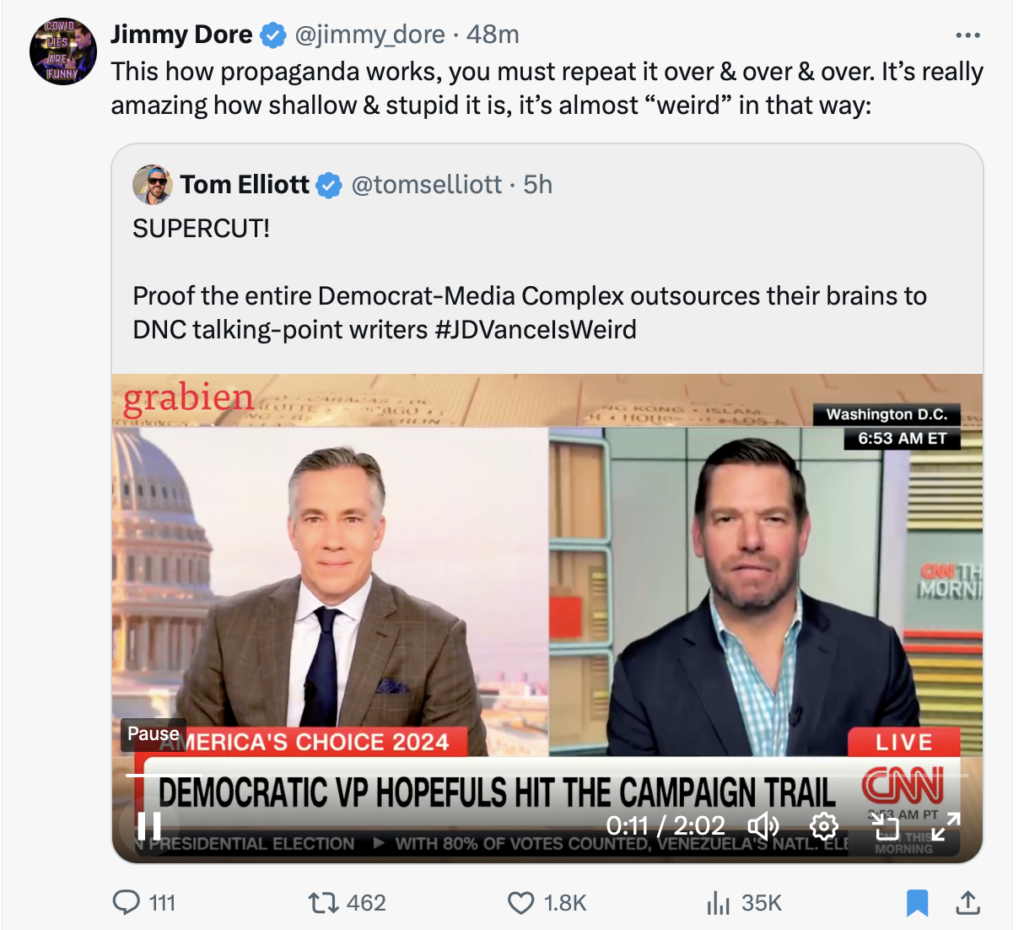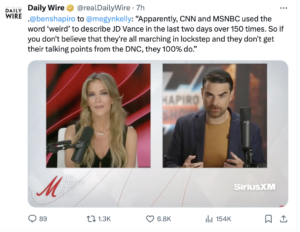From Michael Shellenberger at Public:
Ever since Kamala Harris became the Democratic Party’s presumed presidential nominee, the news media have worked to correct what it calls “misinformation” about her. Harris was not a “DEI hire,” they say, meaning Biden did not choose her for his Vice President because she’s a black woman. Harris was never border czar and wasn’t responsible for the quintupling of migrants crossing the border. And, no, say the media, Harris does not support a ban on fracking.
But in the media’s so-called fact-checking, they have spread misinformation. Biden explicitly said he would choose a black woman as Vice President after black Democratic activists and the media urged him to; as such, Harris was indeed a “DEI hire.” The media in 2021 widely referred to Harris as “border czar,” and her responsibilities were to deal with the so-called “root causes of migration.” And Harris had supported a ban on fracking when she ran in the Democratic primary in 2019 and only changed it a few days ago in response to Trump’s attacks.
Of course, there is plenty of misinformation about Harris. Biden never suggested that he lowered his standards to select a black female vice president. Harris never had the formal title of “border czar,” and she endorsed increasing border security recently. And the claims that Harris would shut down or even significantly reduce oil and gas production are contradicted by the expansion of oil and gas under Biden.
For those who still trust the corporate media even a little, Shellenberger offers this:
The media’s cover-up of Biden’s poor health was a major blow to its credibility, but not enough for it to change its ways. In its coverage of Kamala Harris, the media are now demanding that the public dismiss not just the video and other evidence but also their own memories.
Such gaslighting is a highly risky strategy for the news media, whose business rests upon public trust, which declined from 55% in the year 2000 to just 32% last year. . .
Why, then, do the media keep engaging in gaslighting, even though it undermines its credibility? The simple explanation is that they have to. They are captured by the Democratic Party and its nonprofit industrial complex, by their readers and revenue base, and by their own ideology and psychology.
All of this is a bad sign for America. The institutions we had trusted to accurately report on reality have become propaganda organs to the Party of the establishment and the deep state.





